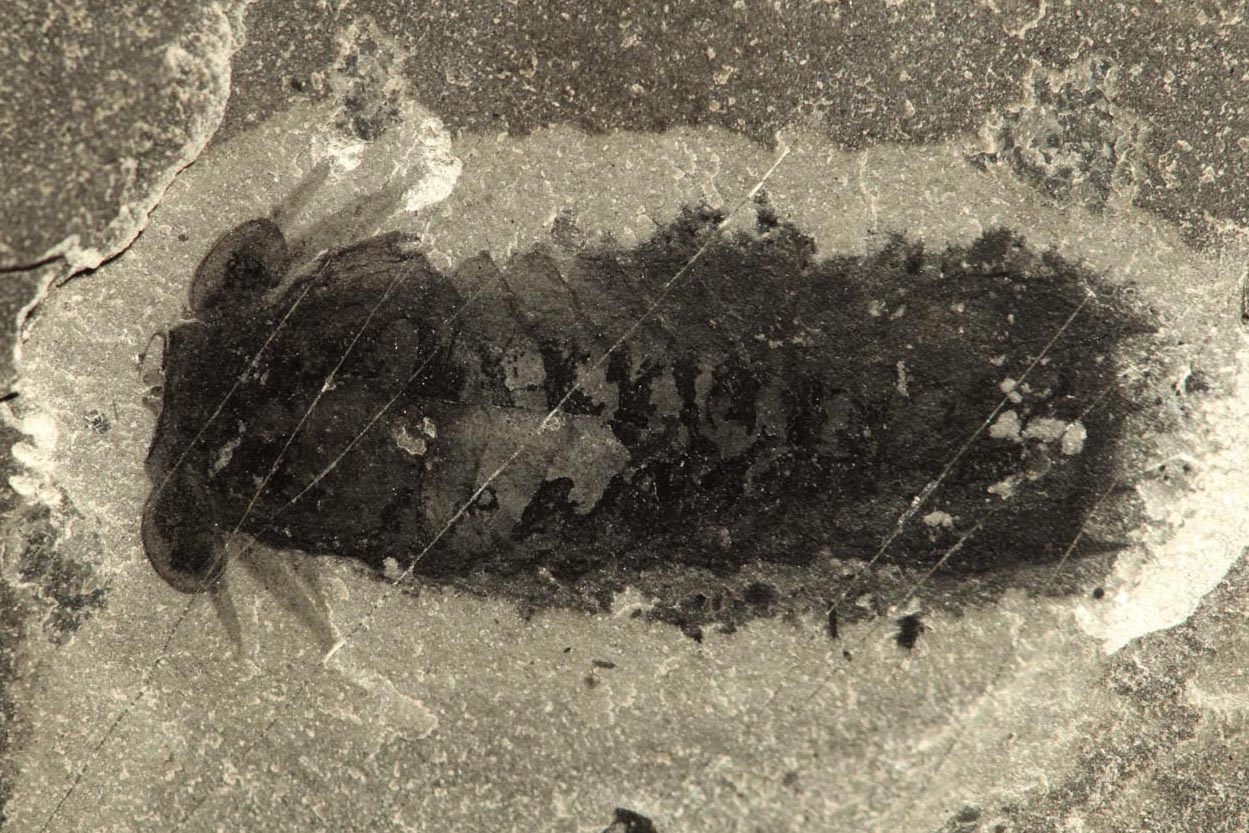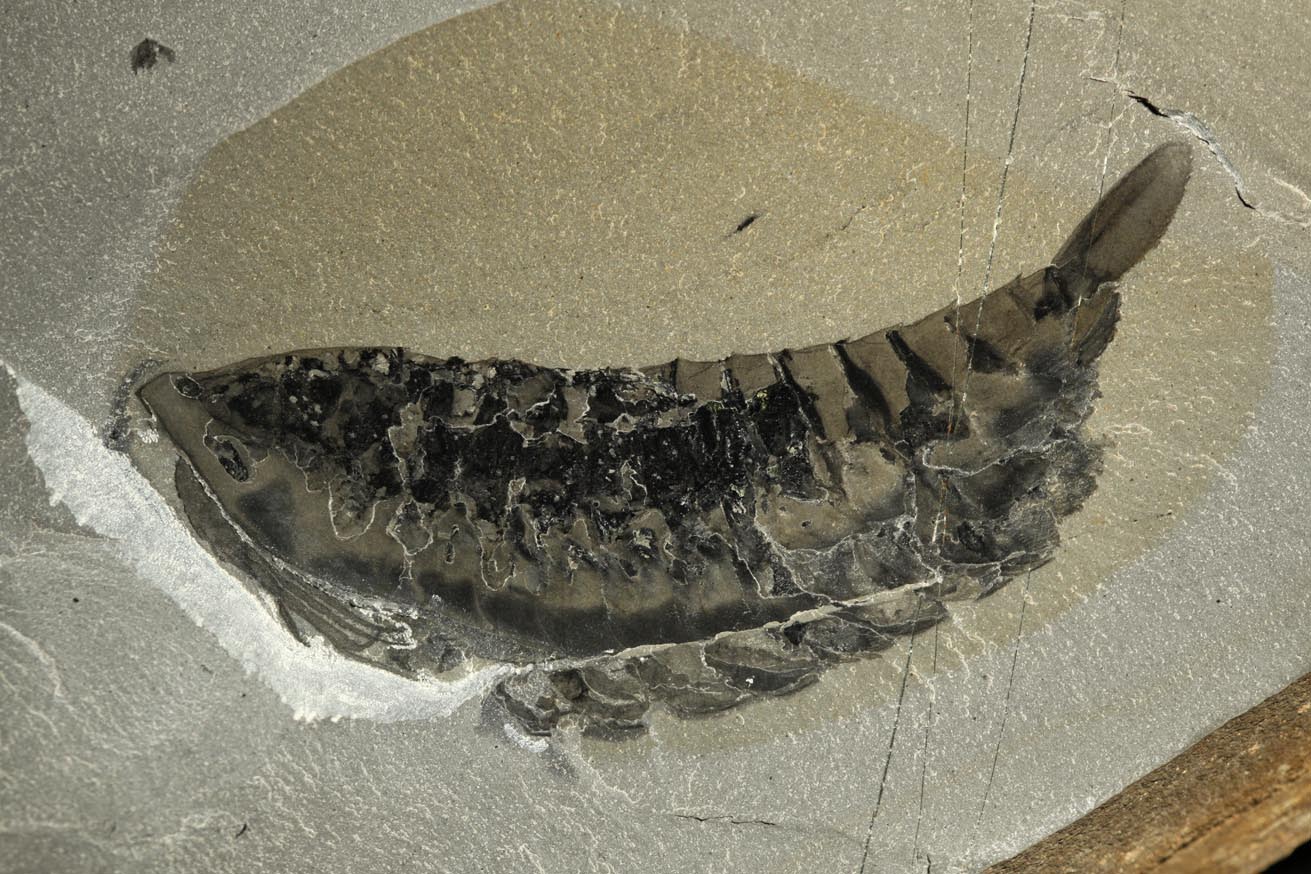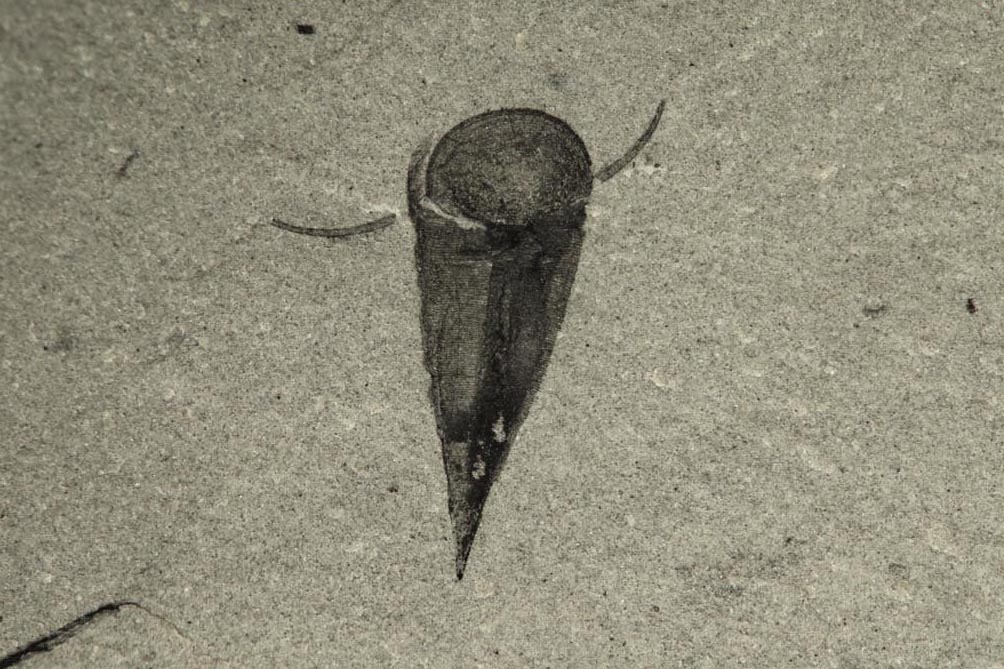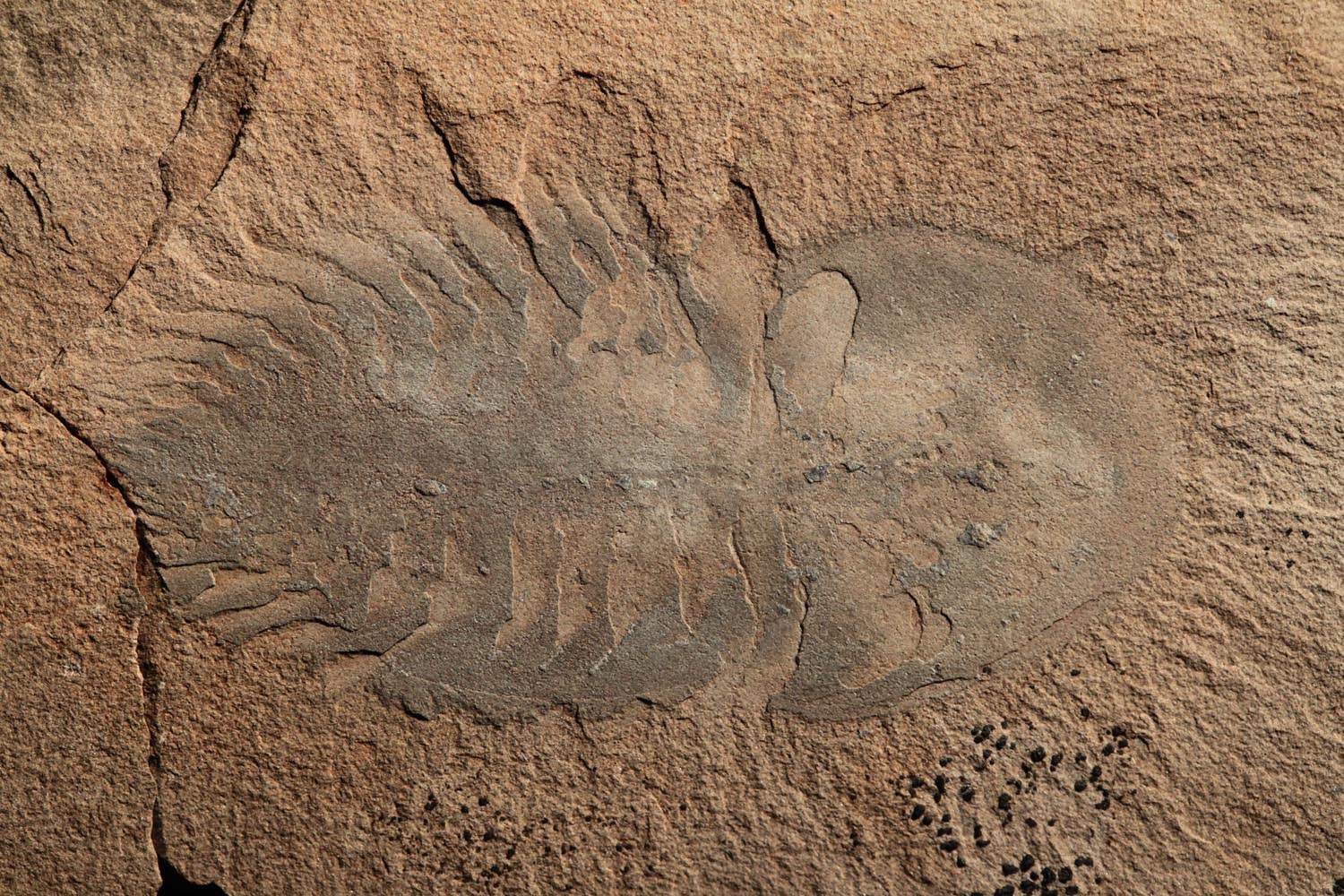Gallery: Amazing Cambrian Fossils from Canada's Marble Canyon
News
By
Becky Oskin
published
Add us as a preferred source on Google
Subscribe to our newsletter
Mollisonia

Mollisonia fossils are more common and better preserved in the Marble Canyon rocks than at the original Burgess Shale quarry site, found in 1909.
Shiny finish

A cleaned and preserved Leanchoilid fossil reveals the animal's delicate appendages.
Bottom of the food chain

Haplophrentis, a tiny organism that lived in a conical shell and had two arms that reached outward, perhaps to pull itself along the seafloor. Fossils of these creatures have been found in the guts of other predators.
Odd trilobite

Naraoia is a trilobite with only two protective shields on its carapace, instead of the usual three.
Field camp

A double rainbow breaks above the researchers' field camp in Kootenay National Park.
Sign up for the Live Science daily newsletter now
Get the world’s most fascinating discoveries delivered straight to your inbox.

Contributing Writer
Becky Oskin covers Earth science, climate change and space, as well as general science topics. Becky was a science reporter at Live Science and The Pasadena Star-News; she has freelanced for New Scientist and the American Institute of Physics. She earned a master's degree in geology from Caltech, a bachelor's degree from Washington State University, and a graduate certificate in science writing from the University of California, Santa Cruz.
LATEST ARTICLES


